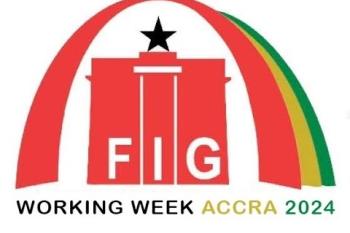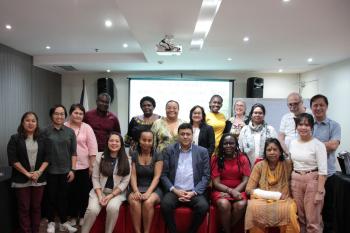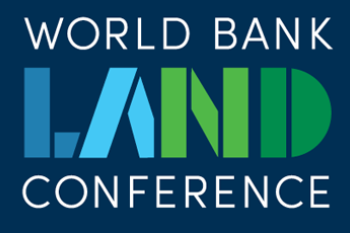
GLTN knowledge and experience contributing to the Overseas Development Institute’s forthcoming Land Policy Forum, United Kingdom
The Global Land Tool Network’s (GLTN) and UN-Habitat’s knowledge and experience on tenure security and land challenges will be showcased at the forthcoming Land Policy Forum help at the Overseas Development Institute in the United Kingdom, 2nd July. Since its inception in November 2015 at ODI, the UK Land Policy Forum has provided a focus for debate, information and lesson sharing to inform DFID and wider UK policy and programming on how to strengthen land governance and rights protection. The 9th United Kingdom Land Policy Forum (UKLPF), organized in collaboration with UN-Habitat, will focus on the increasingly important theme of urban land governance. The rapid expansion and development of cities is a reality that creates significant development opportunities and challenges, especially in sub-Saharan Africa. In 2014, 37% of the total population in Sub-Saharan Africa (926 million) lived in urban areas. By 2050 this is expected to rise to 55% or 1.1bn people. This trend is driven by multiple factors, including demographic growth and continued rural-urban migration caused by the loss of livelihoods or the search for better jobs. As a primary location for the development of high-value added sectors, functioning cities are critical to the economic development aspirations and strategies of many development countries. They create jobs, attract private and public investment, foster the development of industries and accommodate growing populations. But in order to do so, cities need to be planned and managed effectively. Land governance is a critical element of sustainable urbanization as it facilitates, if not determines several crucial conditions for inclusive urban development, including:
- the capacity of public authorities to raise finance for public services and infrastructure;
- the ability with which businesses can acquire land for investments;
- how urban expansion is managed with respect to existing and future rights holders, and;
- the ability to plan and finance affordable housing at scale in viable locations.
- What are the principal political, institutional or operational barriers to effective urban land governance and how can they be overcome?
- How is urban land governance different from rural land governance, and what can be learned from the latter?


